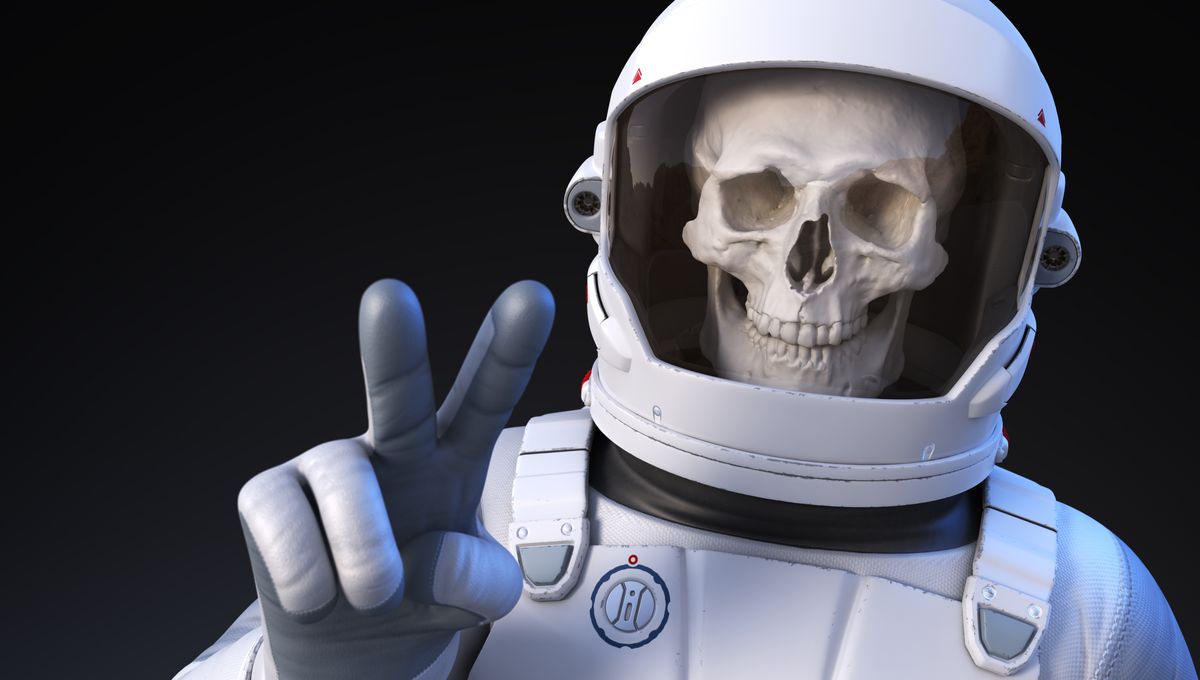
There have only been just over 600 people in orbit around the planet and only three – cosmonauts Georgy Dobrovolsky, Vladislav Volkov, and Viktor Patsayev – have lost their lives above the Kármán line, the edge of space. But fascination with what would happen if your body was exposed to the vacuum of space has endured, helped in part by how it is portrayed in popular media.
And popular media mostly gets it wrong. Your body doesn’t explode, with bulging eyes and lots of screaming (although the screaming will become useful in a moment). You don’t become a popsicle the moment your helmet is removed. And finally, despite getting a lot of energy from the Sun that could cook you for sure, you won’t burn to death either.
Your unsuited space death will be a lot less dramatic, and hopefully a lot less painful than those other scenarios. And remember that a suited astronaut almost drowned in space, so there are always risks. The things that actually kill you in space sans-suit are the lack of decent atmospheric pressure and lack of oxygen. First up: the lack of atmosphere.
Without pressure, fluids evaporate at a much lower temperature, and for our body that means that everything on our surface – skin, mouth, eyes – will bubble away pretty quickly. Lack of pressure will also lead to ebullism, the formation of bubbles in bodily fluids due to a reduction in ambient pressure. This will mostly be under-skin bubbles, but they could potentially move to the blood, causing an embolism.
Even if there were a massive mechanism that caused very rapid ebullism all over your body, you still wouldn’t explode. The skin is pretty stretchy, so you could swell up to twice your normal size without breaking apart. The general advice is to not hold your breath: due to sudden decompression, the air in your lungs will expand and cause them to rupture. This is why screaming will give you at least a few peaceful seconds.
And that’s when the lack of oxygen kicks in. Without breathable air, you will lose consciousness in about 15 seconds. That’s the good news. You might remain alive for another minute or so.
If by some miracle you were rescued in that time, there is another factor to contend with in your recovery, apart from the consequences of the above: the dangerous radiation from the Sun. Ultraviolet light will give you a very bad sunburn, and more energetic light such as X-rays will damage your DNA, increasing the chance of you getting cancer.
Just remember to zip up your spacesuit before going out of the airlock.
Source Link: What Would Happen To Your Body In Space Without A Spacesuit?